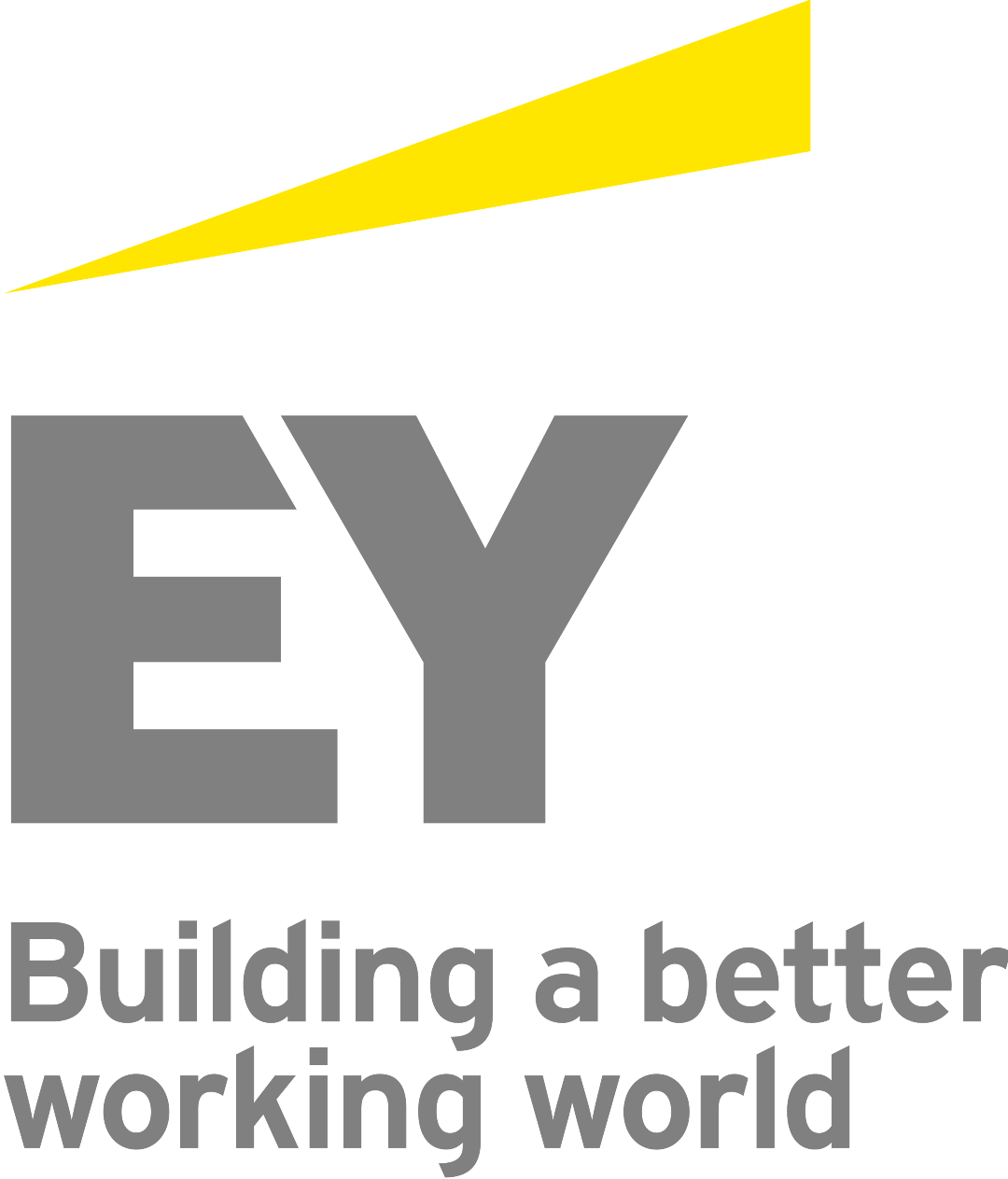TORONTO, Dec. 5, 2013 /CNW/ - It's that time of year again when Canadians should be making a list of year-end tax considerations and checking it twice, while they still have time. During the hectic month of December, EY's annual end-of-year tax tips can help Canadians save for their 2013 tax bill. And remember: what made sense last year may change as personal circumstances change.
- On the first day, contribute to a tax-free savings account (TSFA). Make your $5,500 TFSA contributions for 2013, and if you haven't contributed before, contribute up to $25,500 before the end of the year. Remember that you can also fund your spouse's/partner's contributions without attracting the attribution rules.
- On the second day, concentrate on education. Don't forget to make registered education savings plan contributions before the end of the year for your child or grandchild. With a contribution of $2,500 per child under age 18, the federal government will contribute a grant of $500, and if you have prior non-contributory years, the annual grant can be as much as $1,000.
- On the third day, put money into a registered retirement savings plan (RRSP). The deadline for making deductible 2013 RRSP contributions is March 3, 2014. However, if you turned 71 in 2013, make your final RRSP contribution no later than December 31 (not 60 days after the end of the year).
- On the fourth day, be sure to pay any tax-deductible or tax-creditable expenses. A variety of expenses can only be claimed as deductions in a tax return if the amounts are paid by the end of the calendar year. That goes for interest, investment counsel/management fees, professional dues, spousal support and child-care costs. Charitable donations, political contributions, medical expenses, child fitness and arts program costs, tuition fees and transit pass costs that give rise to tax credits must also be paid in the year in order to be creditable.
- On the fifth day, reduce or eliminate non-deductible interest. Interest on funds borrowed for personal purposes is not deductible. Where possible, consider using available cash to repay personal debt before repaying loans for investment or business purposes on which interest may be deductible.
- On the sixth day, reduce your taxable automobile benefit. If you're an employee who uses an employer-provided car primarily for business, you may be eligible for a reduced standby charge and a lower alternate operating benefit, computed as one-half of the standby charge. You need to advise your employer in writing before year end in order to have the alternate operating benefit apply.
- On the seventh day, request reduced deductions at source. If you receive tax refunds because of deductible RRSP contributions, child-care costs or spousal support payments, consider requesting Canada Revenue Agency authorization to allow your employer to reduce tax withheld from your salary for 2014.
- On the eighth day, consider income-splitting loans after 31 December 2013. The prescribed interest rate applicable to the exemption from income attribution on intra-family loans increased to 2% for loans created in the final quarter of 2013. The prescribed interest rate returns to 1% for loans created in the first quarter of 2014.
- On the ninth day, review your investment portfolio. You may want to sell loss securities to reduce capital gains realized earlier in the year. If the losses realized exceed gains realized earlier in the year, they can be carried back and claimed against net gains in the preceding three years, and you should receive the related tax refund.
- On the tenth day, make capital acquisitions for business. Self-employed individuals and unincorporated business owners expecting to make capital purchases for their business should consider buying before year end to get a depreciation deduction for 2013.
- On the eleventh day, revisit your 2013 instalment requirement. The final 2013 instalment payment is due on December 15, 2013. However, if you expect your 2013 final tax liability to be significantly lower than your 2012 liability, you may have already paid enough. You are entitled to base your instalment payment on your expected 2013 liability, but don't underestimate your balance! If it end up being insufficient, you will be faced with interest and possibly a penalty.
- On the twelfth day, remember to keep receipts! Although you aren't required to include most receipts when filing, the Canada Revenue Agency (CRA) randomly requests receipts as part of its post-assessment review.
About EY
EY is a global leader in assurance, tax, transaction and advisory services. The insights and quality services we deliver help build trust and confidence in the capital markets and in economies the world over. We develop outstanding leaders who team to deliver on our promises to all of our stakeholders. In so doing, we play a critical role in building a better working world for our people, for our clients and for our communities.
For more information, please visit ey.com/ca. Follow us on Twitter @EYCanada.
EY refers to the global organization and may refer to one or more of the member firms of Ernst & Young Global Limited, each of which is a separate legal entity. Ernst & Young Global Limited, a UK company limited by guarantee, does not provide services to clients. For more information about our organization, please visit ey.com.
SOURCE: EY (Ernst & Young)

Erika Bennett
[email protected]
416 943 5497
Sarah Shields
[email protected]
604 648 3607
Julie Fournier
[email protected]
514 874 4308

Share this article